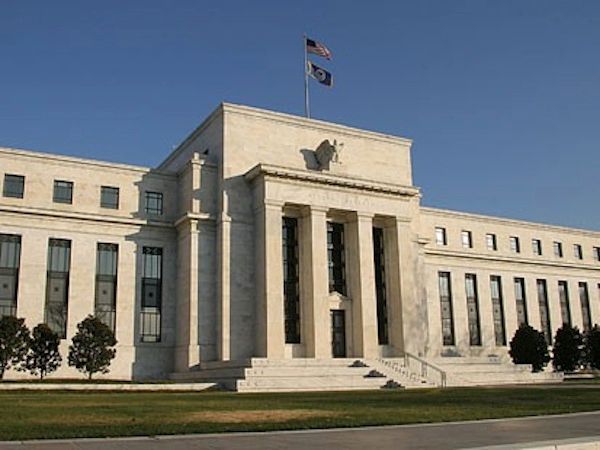Nationwide Studies Show The Income Gap Continues to Grow

Income inequality is now at its highest level in the United States since the Great Depression as the income gap between the rich and the poor continues to widen. The top ten wealthiest percent of the nation now earns about half of all wages.
According to a new report by the Center on Budget and Policy Priorities and the Economic Policy Institute, between 2008-2010 the poorest fifth of households had an average income of $20,510 compared to $164,490 for the top fifth. In the 1990's and mid-2000's, incomes fell by close to six percent for the bottom fifth while rising by nearly nine percent for the top fifth.
A 2010 Survey of Consumer Finances by the Federal Reserve showed that the net worth for the top ten percent increased during the recession, while the rest of the country saw its net worth decrease.
In 2010, the official poverty rate was two percentage points higher than the 1970 rate. However, according to a Brookings Institute study by Bruce D. Meyer of the University of Chicago and James X. Sullivan of the University of Notre Dame, using a consumption-based measure in place of the income-based official measurement showed that the poverty rate had declined by over twelve percent since 1972.
The study argues that consumption is a better measurement of poverty than income because evidence shows that poor families report consumption more accurately than income. Also, income-based measurements of economic inequality do not account for governmental anti-poverty programs like food stamps, healthcare benefits, and unemployment insurance, which the United States spends approximately half a trillion dollars on per year.
A combination of globalization, technological advancements, fewer unions, rising health insurance costs, increased competition from low-skilled immigrants, and a declining education system have caused wages to stagnate or decline for the vast majority of Americans.
The government's focus on increasing consumption for the poor through benefits such as healthcare, food stamps, and unemployment insurance has helped curtail poverty according to the aforementioned Brookings Institute study, but those efforts have not curtailed income inequality.
Globalization and technological advancements are here to stay; thus, in order to deal with the growing income gap, the United States will have to curtail rising health insurance costs, implement comprehensive immigration reform and improve its education system to make future workers more competitive in the global economy. However, these are not short-term solutions to what has been a long-term and growing problem.
In the short term, raising wages through an increase in the federal minimum wage would be an immediate, practical solution to income inequality. The current federal minimum wage of $7.25 per hour is 30 percent less in terms of real value than it was in 1968 because increases in the minimum wage have not kept pace with inflation.
Ron Unz of the American Conservative makes a compelling case for raising the minimum wage to combat rising income inequality,
"With direct replacement via outsourcing or automation unlikely, employers responding to a higher minimum wage would be faced with the choice of either increasing the wages of their lowest paid workers by perhaps a couple of dollars per hour, or eliminating their jobs. There would likely be some job loss, but given the simultaneous rise in labor costs among all competitors and the localized market for these services, the logical business response would be to raise prices by a few percent to help cover increased costs...The resulting one-time inflationary spike would slightly raise living expenses for everyone in our society, but the immediate 20% or 30% boost in the take-home pay of many millions of America’s lowest income workers would make it easy for them to absorb these small costs, while the impact upon the middle or upper classes would be totally negligible."
In the longer term, the United States has to implement policies that tackle the root causes of growing income inequality. However, in the short term, the best policy to deal with our growing income disparity might simply be to raise the minimum wage.




